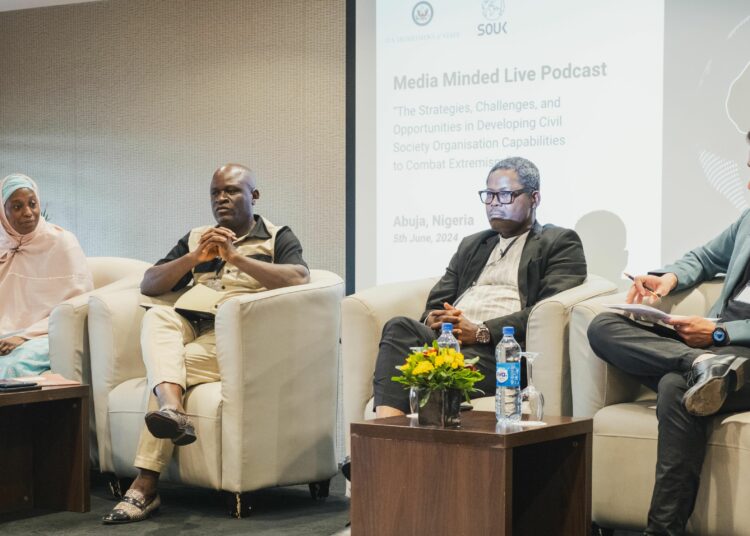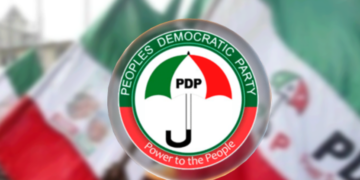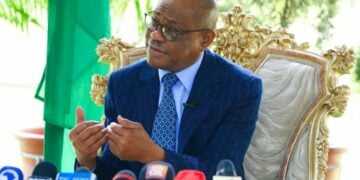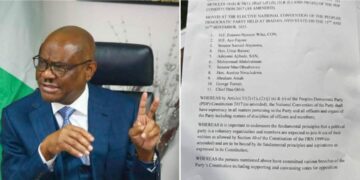A United Kingdom agency, Shout Out UK (SOUK) has organized a media literacy education for civil society organisations (CSOs) in Nigeria on effective strategies to combat violent extremism in parts of the country.
SOUK provides impartial Political and Media Literacy training and campaigns focused on democratic
engagement and combatting disinformation online, tailored to local circumstances and culture.
At the workshop held in Abuja, Wednesday with the theme “Disarming Hate, Promoting Peace in West Africa,” witnessed a live podcast, title “The Strategies, Challenges, and Opportunities in Developing Civil Society Organisation Capabilities to Combat Extremism.”
Stakeholders at the event called for more collaborative efforts between governments, civil society organizations (CSOs) and members of communities to address insecurity, especially violent extremism.
During the podcast session, Prof. Fidelis Allen, Political and Administrative Studies, University of Port Harcourt, and an Honorary Fellow, School of Criminology, Sociology and Social Policy, University of Leicester, UK, said those supposed to benefit from interventions should form part of the planning process.
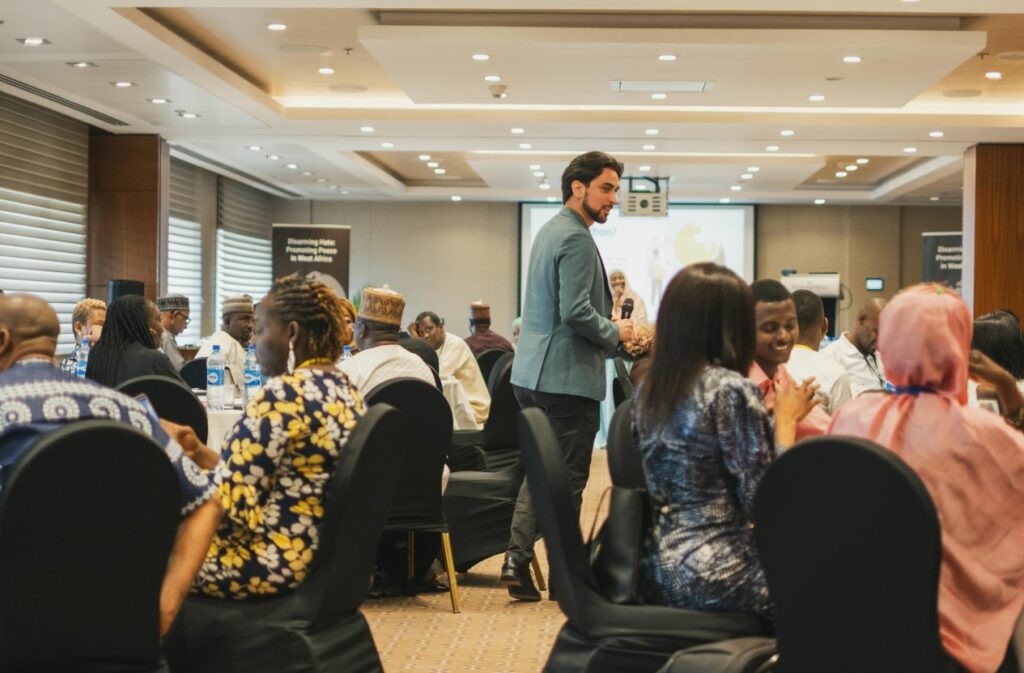
According to him: “Academics have so many opportunities to assist CSOs in terms of boosting their capacities for successful interventions, including making analysis accessible to CSOs. This means that CSOs should collaborate with academics who have the capacity. In the past, many CSOs designed programmes without analysis. At every stage of implementation of programmes, there may be need for interpretation that were not planned.
“Also, government needs the key formal sector to collaborate. Government is needed to influence change in society. It is not about saying you are not interested in government or politics. There will not be change without collaboration with government.
On her part, Researcher at the University of Leicester, UK, Zainab Maibornu said paying attention to those at the grassroots is important if peace is to be achieved in the community.
She said: “When we talk about violent extremism, it is important for us to go to the rural areas. We should talk about the youth. The youth have a lot to say, but the elders usually shut them up. I did a study in the Niger Delta and found out as much. The youths now have to revolt. Our findings from youths in the Niger Delta is that they are being marginalized. We should leave the traditional method and go to the youths.
“If we talk in a grammar that those who matter don’t understand, then we have not achieved anything. If we want peace, then we have to do something. We have to go back to the drawing board and talk about things that matter.
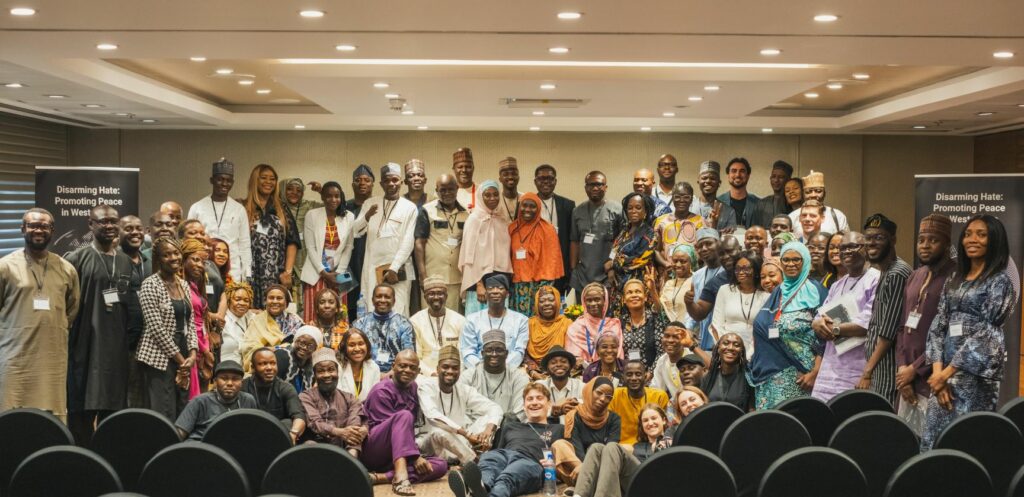
“We need to listen to the youths, not just talking and trying to come up with strategies. Co-production is very important. When we write about Africa, it is about Africa telling their story. We need to engage with people at the grassroots. When I did my study on the Niger Delta, I asked them what they wanted. As a researcher, it is the voices that matter that should count. So, co designing is important.”
She maintained that, “Local knowledge is important. The issue is vested interests. Sometimes, you come with good interest, but will be told to politicize the idea. So, I usually walk away because I believe in doing things that will benefit many, not a few people.
“Collaboration is very important. It is not about having too many NGOs, but experience matters. I usually reach out to NGOs that I believe have experience. We always prefer short term solution of things in Nigeria. We apply fire brigade approach. It is about our charting our cause. It is about checking ourselves to find out what needs to be changed.
“We should recognize the importance of local knowledge and recognize the voices that count. It is about making things better for the people.”

